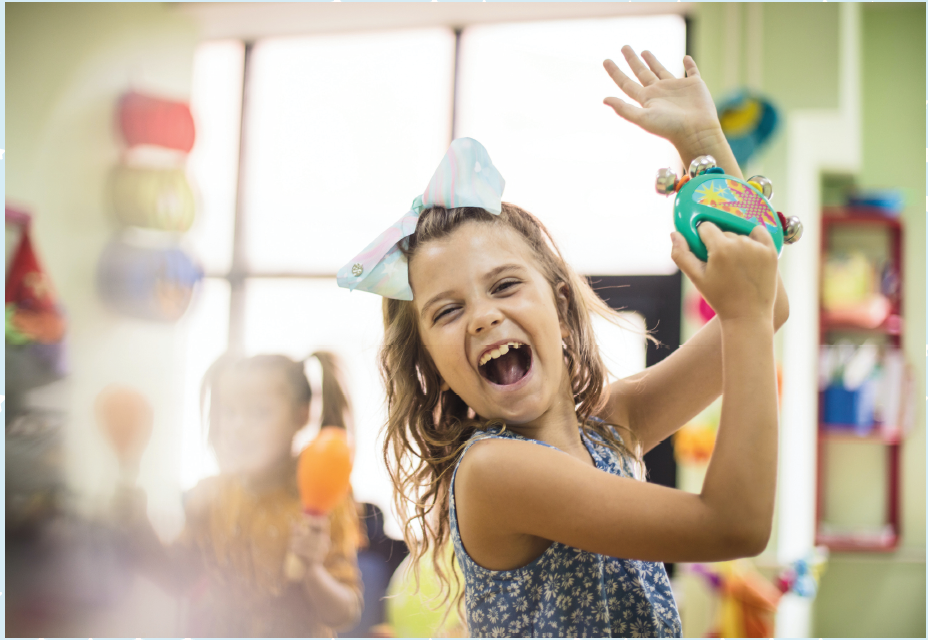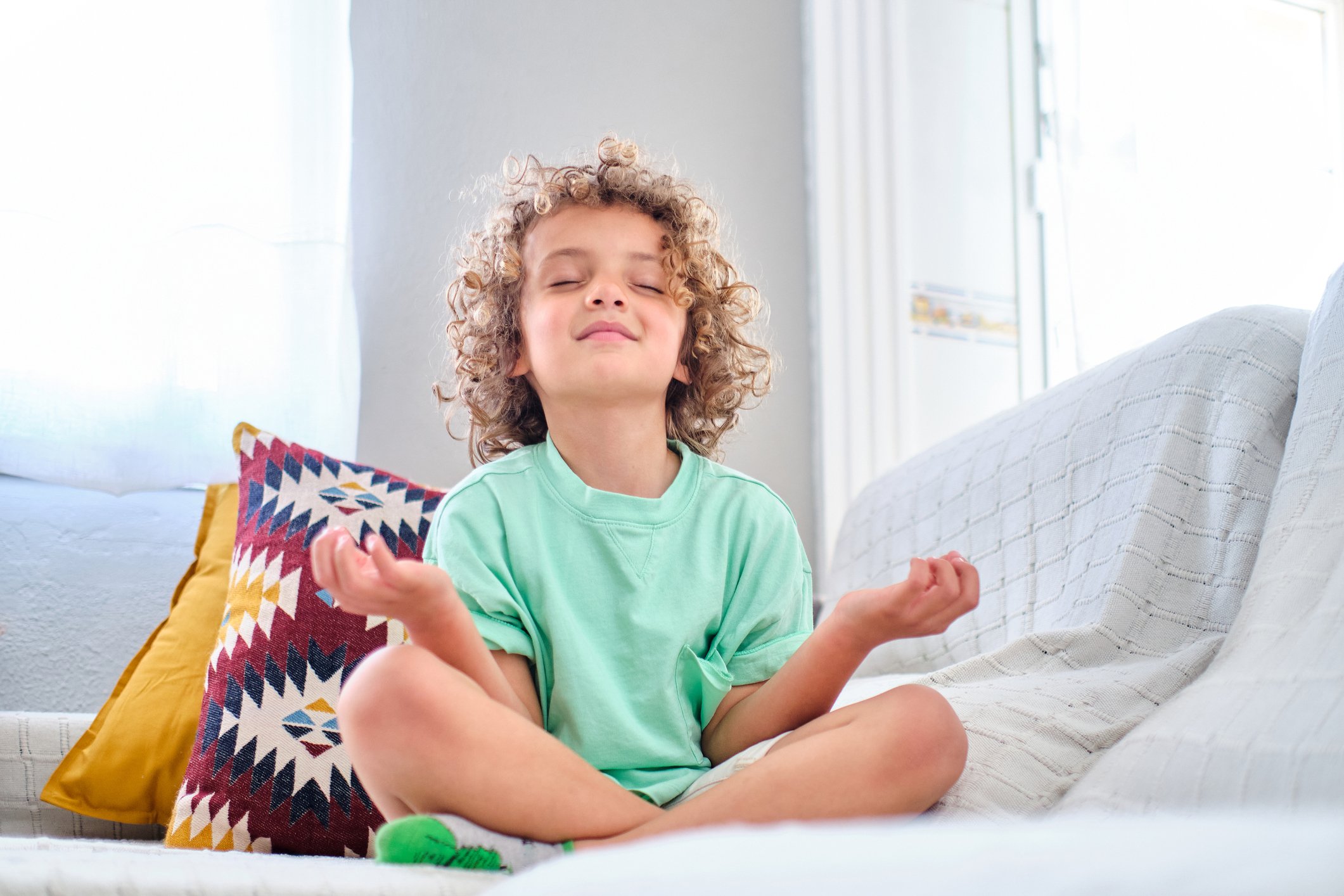
Our Core Services
At Kids in Mind, we understand the delicate canvas of a child’s psyche and the impact of their early environment on their long-term well-being. We provide therapeutic and wellbeing sessions tailored for children aged 4-7 and those 8 and older, centred around mindfulness, self-regulation, and other empowering techniques. By integrating yoga, music, art, and play, we foster healing environments where children can recover and grow.
We employ strategies rooted in neuroplasticity and NLP to build safer mental spaces for children to cope with their experiences of trauma. Recognizing the powerful role of supportive family dynamics, we encourage mothers to participate in sessions, enhancing the benefits and fostering deeper connections.
Every practitioner at Kids in Mind is not only skilled in therapeutic methods but also in recognizing non-verbal cues of distress, ensuring a sensitive approach to each child’s needs. The sessions are designed to reduce stress, increase resilience, and significantly improve mental well-being, preparing children to manage life with strength and confidence. Our sessions are conducted in the utmost safety, whether within the refuge or other secure settings.
Our suite of six core services provides a compassionate and safe space for emotional restoration and mental health care. Each service is thoughtfully designed to nurture healing and growth, helping every child rediscover their right to a peaceful and happy childhood.
-

Mental Health Support
Mental health, just like physical health, matters. It shapes how we feel, think, and act. When it's strong, we can take on the world; when it falters, even small tasks become mountains. Children who witness violence at home face tough emotional battles, and these painfully difficult experiences can last a lifetime. But with understanding, care, and unity, we can help these little hearts find peace and strength - because every child deserves a future filled with hope, not hurt.
-

Music Therapy
Music Therapy offers a nurturing space where children discover and share their emotions and journeys, enhancing their ability to connect and communicate. It sparks creativity and nurtures skills like focus and coordination, all while building self-awareness and bolstering self-esteem. Through music, children find a supportive community, embracing a brighter path forward filled with hope and resilience.
-

Art Therapy
Art therapy uses art as the primary Art therapy, blending visual expression with gentle support from a therapist, offers a safe haven for children to discover and communicate their deepest thoughts and feelings. It's a powerful journey toward healing, fostering self-awareness, compassion, and resilience after facing hard times. Together, we're not just creating art; we're crafting brighter futures, filled with understanding and hope.
-

Children's Wellbeing
Mental health support and well-being classes can be hugely beneficial for children who have experienced domestic abuse. These interventions can help children to process their experiences, build resilience, regulate their emotions, reduce stress and anxiety, and develop coping strategies.
-

Play Therapy
Using play in therapy helps children to express themselves in their own way; especially if they are struggling with the trauma of abuse. It helps them understand how they are feeling and provides coping strategies. Play Therapy can be a particularly helpful approach for children in need of therapeutic support.
-

Comfort Toys
There is clear evidence to suggest that the presence of toys can have a positive impact on the mental health of disadvantaged children. At Kids in Mind, a comfort toy is used by a wellbeing practitioner to build trust and to provide children with a sense of security, comfort, and a distraction from their daily challenges.
Together, we can continue writing stories of healing
~
Together, we can light up the darkness
~
Together, we can continue writing stories of healing ~ Together, we can light up the darkness ~
How can you help?
Your generous gifts can light the path to brighter futures by funding vital mental health support for children—make a heartfelt difference today through a therapeutic session donation in our online shop or with the click of our 'donate now' button.

